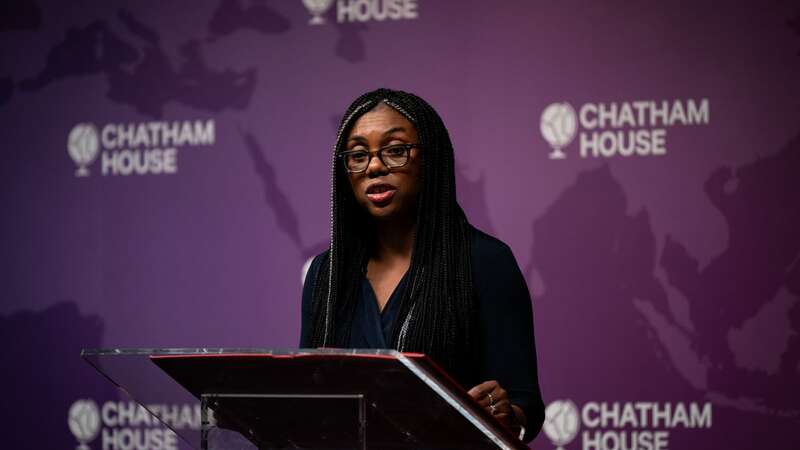
The UK is signing a trade agreement with the US state of Texas saying it will help unlock huge markets for both economies.
Kemi Badenoch, the Trade Secretary, and Greg Abbott, the Governor of Texas, will sign the agreement in Westminster on Wednesday. Ms Badenoch said: "I'm delighted to welcome Governor Abbott to the UK for this landmark signing."
She added: "Today's signature with Texas marks the UK's eighth US state-level pact, meaning UK firms now have access to states with a combined GDP of £5.3 trillion equivalent to a quarter of the whole US economy. This shows our US state-level strategy is working and really delivering for British businesses."
The deal is good news for energy companies, life sciences, and business services. Even before this deal, UK companies were had some close ties with Texas. There's already a project called BioBridge that is helping 30 UK science companies expand in Texas.
Texas Governor Greg Abbott believes the UK is an important trading partner for the US state. He said: "As our ninth largest trade partner, the United Kingdom plays a critical role in the Texas economic juggernaut. Strengthening the bond between Texas and the United Kingdom is crucial for our shared economies to prosper."
 Britain faces the worst recession among G7 partners, economists predict
Britain faces the worst recession among G7 partners, economists predict
"By signing this Statement of Mutual Co-operation today, we will further promote economic growth on both sides of the Atlantic. Texas is the economic engine of America, where entrepreneurs from around the globe can cast a vision and know they can achieve it.
"Working with our British partners, we will chart a greater path towards success and opportunity and create an even more robust economic partnership."
The UK had hoped to have a free trade arrangement eith the US after leaving the EU, but that has not materialised because the current US government has not shown much interest in such a deal.
The UK has been working on agreements at state level instead, such as Indiana in May 2022 and Florida in November. These deals cannot cut costs in the same way as a free trade deal can, although they can ease issues for businesses by cutting down in bureaucracy.
Read more similar news:
Comments:
comments powered by Disqus

































